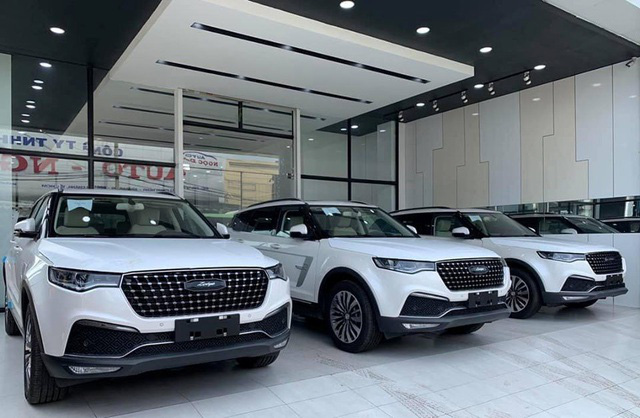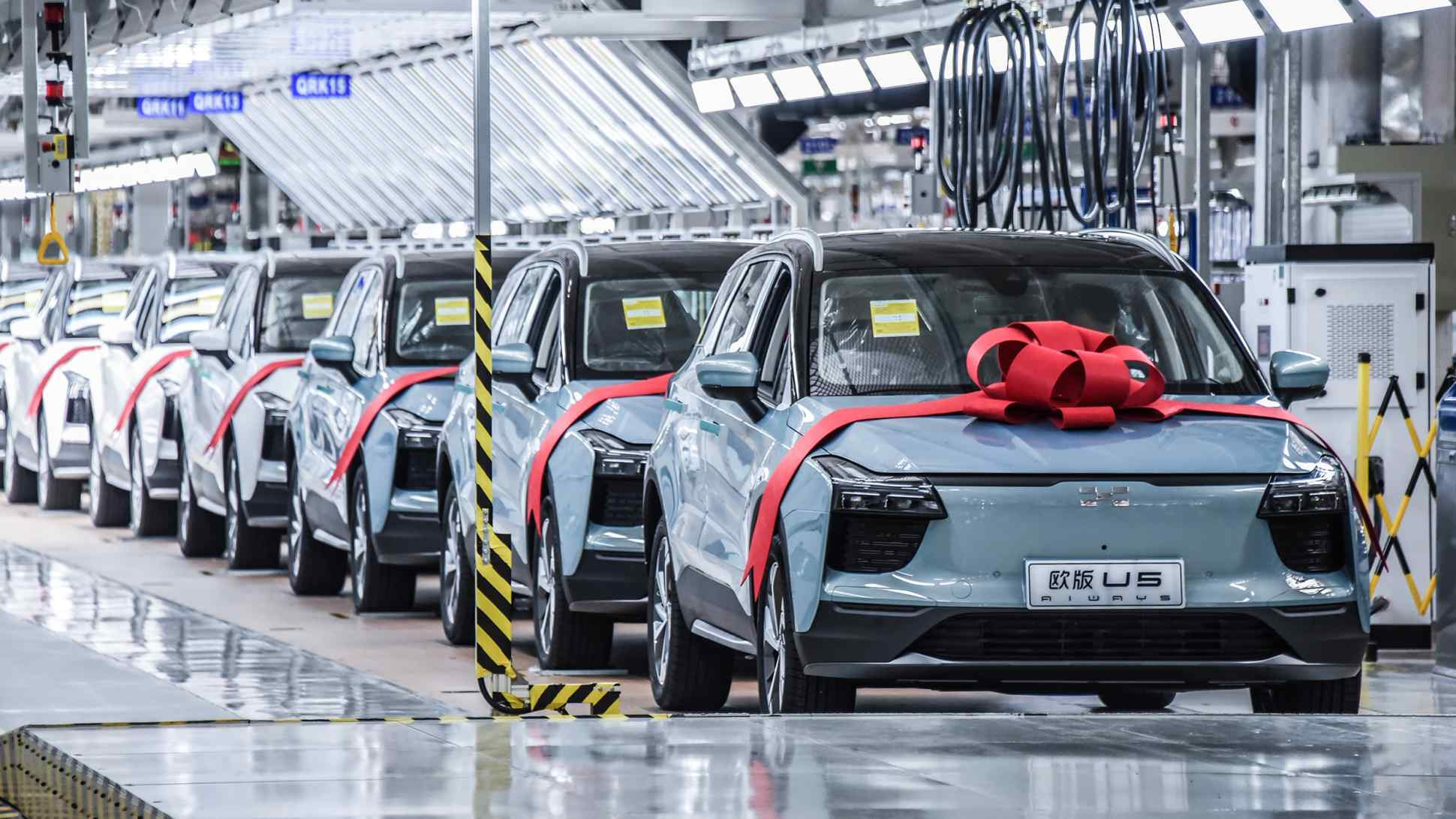Why Chinese Cars Lose Value Quickly | Explained for 2025

In recent years, many car owners in Vietnam have realized a troubling fact — Chinese cars lose value quickly, often within just a few years of ownership. Despite their modern design, advanced features, and attractive prices, the resale value of these vehicles drops much faster than Japanese, Korean, or European models.
This has become a major concern for owners who plan to sell their cars or upgrade to newer models. So, why exactly do Chinese cars depreciate so fast, and what can you do to protect your vehicle’s resale value? Let’s break it down — and see how Motorist.vn can help.
1. The Reality: How Fast Chinese Cars Depreciate
Data from car marketplaces shows that many Chinese models like the MG HS, Beijing X7, and BAIC X55 can lose 20% to 35% of their value within just two years. By comparison, Japanese or Korean cars in the same segment lose only about 10% to 17%.This trend is consistent worldwide — in markets like Thailand, Indonesia, and even parts of Europe, Chinese vehicles face faster depreciation due to weaker brand recognition and shorter product lifecycles.
2. Key Reasons Why Chinese Cars Lose Value Quickly
2.1 Aggressive and Unstable Pricing Strategy
Chinese manufacturers often launch cars with steep discounts or frequent price adjustments. While that may attract initial buyers, it also drags down resale prices — because once a new model’s price drops, the used models follow suit almost immediately.
2.2 Weak Brand Perception and After-Sales Support
Many Chinese brands are still new to Vietnam. Consumers often hesitate due to:
Limited service and warranty networks
Difficult-to-source spare parts
Unproven long-term reliability
This uncertainty causes second-hand buyers to avoid Chinese models, lowering demand and resale value.
2.3 Short Product Lifecycles and Rapid Design Changes
Chinese car brands release new generations or facelifts every one to two years. While that keeps their lineup “fresh,” it also makes older models look outdated much faster — reducing perceived value even when the car is still in good condition. In contrast, brands like Toyota or Hyundai maintain consistent designs for 4–5 years, preserving value better over time.
2.4 Buyer Psychology in Vietnam
Vietnamese buyers prefer trusted brands known for durability and resale value — especially Japanese and Korean cars. Even with lower prices and more features, Chinese cars struggle with consumer skepticism about quality and reliability. This perception gap directly translates into faster depreciation.
2.5 Weak Used-Car Market and Low Liquidity
Because demand for used Chinese cars is limited, owners often have to sell at steep discounts to attract buyers. Additionally, few dealerships specialize in Chinese models, which makes trade-in or resale pricing less competitive. This creates a cycle of low confidence — and rapid value loss.
Read more: Sell Your Car Now or Wait Until 2026? Market Value Analysis for Car Owners in Vietnam
3. Consequences for Buyers and Sellers
New Buyers: High depreciation means your total cost of ownership (purchase price + resale loss) may be much higher than expected.
Car Sellers: You may need to accept significantly lower offers and wait longer to sell.
Overall Market Impact: Weak resale performance discourages future buyers, reducing brand credibility in the long term

4. How to Reduce Depreciation and Sell Smarter
- Maintain Your Car Properly: Keep up with regular servicing and maintenance records. A well-documented service history increases buyer trust and resale value.
- Check the Market Before You Sell: Always check the current market price before listing your car. You can use Motorist’s Car Valuation Tool to get an accurate, data-driven estimate of your vehicle’s market value in minutes.
- Use a Trusted Platform to Sell: Selling your car directly to buyers can be time-consuming. Instead, sell your vehicle through Motorist.vn — a platform that connects you with over 600 verified dealers in Vietnam. You’ll receive the highest offer within 24 hours, with no hidden fees or hassle.
5. Conclusion
The reason Chinese cars lose value so quickly — both in Vietnam and globally — lies in a mix of brand perception, pricing strategy, fast product turnover, and consumer psychology. However, smart owners can still make the most of their vehicles by understanding market trends, valuing their car properly, and choosing trusted channels to sell their car.
If you own a Chinese car and want to know its true market price or plan to sell it soon, visit:
Motorist.vn helps you sell confidently, transparently, and at the best possible price — in just 24 hours.
FAQ – Frequently Asked Questions About Chinese Car Depreciation
Q: Do Chinese cars really lose value faster than other brands?
A: Yes. On average, Chinese cars lose about 25%–35% of their value within two years, while Japanese or Korean cars lose around 10%–17%.
Q: Are Chinese electric cars also depreciating quickly?
A: Even faster in some cases. Concerns about battery lifespan, replacement cost, and rapid technology updates make EVs lose value sooner.
Q: Where can I sell my Chinese car for the best price?
A: Submit enquiry and let Motorist.vn helps you get the highest offer from over 600 dealers within 24 hours.
Q: How can I check my car’s resale value before selling?
A: Use the Motorist Car Valuation feature to get an instant market valuation for free.
Q: Are Chinese cars still worth buying?
A: If you plan to drive for a few years and aren’t too concerned about resale value, they can be a budget-friendly choice. However, if long-term value matters, you may want to consider brands with stronger resale performance.
Final Tip from Motorist.vn
Depreciation is inevitable — but losing money doesn’t have to be. Use Motorist.vn to value your car accurately, get multiple dealer offers, and sell it fast for the best price.
